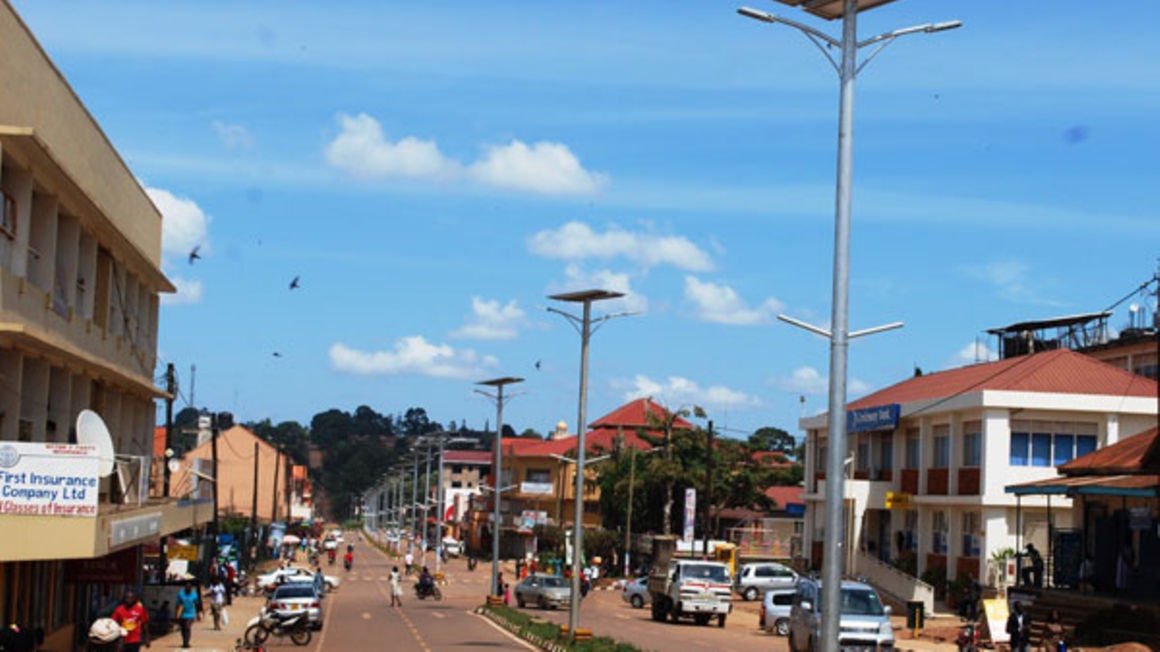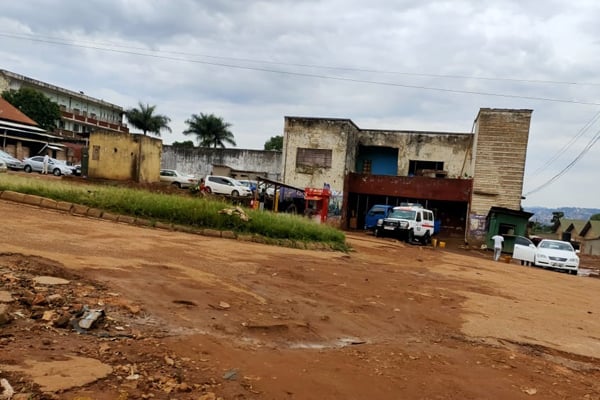Masaka City lists 20,000 buildings for property tax

Edward Avenue, a busy street in Masaka Town, last year. Authorities in Masaka City have given a six-month ultimatum to landlords to upgrade all structures to city standards. PHOTO/FILE
What you need to know:
- Mr Geoffrey Bamanyisa, the Masaka City clerk, said the new valuation roll indicate that Nyendo-Mukungwe Municipality leads with 16,686 buildings, while Kimaanya-Kabonera Municipality, has more than 3,375 buildings, making a total of 20,061 properties.
Masaka City Council leaders have listed more than 20,000 buildings, which are targeted for property tax.
The structures range from commercial buildings to hotels and recreation parks, among others.
Mr Geoffrey Bamanyisa, the Masaka City clerk, said the new valuation roll indicate that Nyendo-Mukungwe Municipality leads with 16,686 buildings, while Kimaanya-Kabonera Municipality, has more than 3,375 buildings, making a total of 20,061 properties.
He added that although the council had anticipated to raise Shs1 billion from the property tax this financial year, the valuation roll has given them hope that they may collect more money.
A snap survey around the city centre last Tuesday revealed that there are at least 20 new commercial centres, including plazas, hotels, sport and recreation parks that have opened in the area in the last five years.
“If it all goes well, we project to collect more than Shs2.5 billion in property tax and we hope the money will improve service delivery,” Mr Bamanyisa said on Tuesday.
In April, Masaka City hired the services of Knight Frank Uganda Ltd to conduct an assessment and valuation of properties in the city before they could embark on the issuance of the new property tax rates.
According to the 2014 property valuation report, the then Masaka Municipality had more than 4,452 buildings that qualified to pay property tax.
The Masaka City deputy chief finance officer, Mr Aniwal Kizito, said they are likely to maintain the five percent tax rate on properties charged in the last financial year if the council does not make any adjustments.
“We have been charging five percent, but this can be reviewed by the council. By December 17, we shall be thorough with handling complaints of the property owners and with the valuation court in place, we expect the entire process to be complete by the end of the year. We will start collecting revenue early next year,” he said.
Mr Noor Njuki, the publicity secretary for Masaka Landlords and Property Owners Forum, said they are still waiting for the council to pronounce itself on whether it will maintain the 5 percent tax rate.
BACKGROUND
Masaka last conducted a valuation of properties in the city in 2014, before it was elevated to a city. The then Masaka Municipal Council was forced to cut the property rates to 5 from 8 percent after property owners protested the decision to increase the property rates, saying many of their properties were not assessed.
The 2005 Local Government Act mandates urban councils to set property rates not exceeding 12 percent of the rateable value. It is levied on all commercial buildings. The rateable value of a property is 74 percent of the annual revenue that a building owner collects from tenants. The remaining percent is left for the owner to cater for utility bills and renovation.




